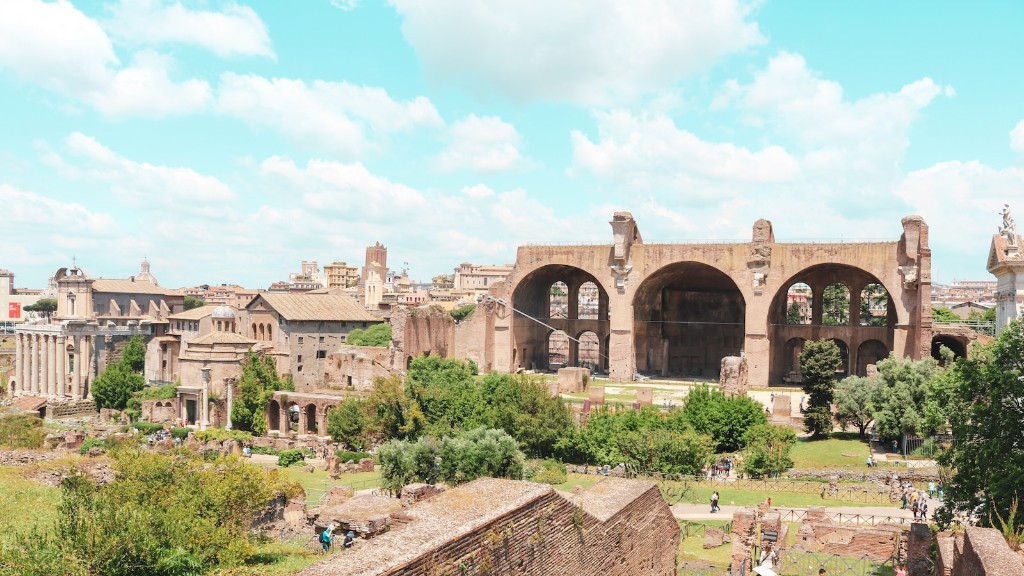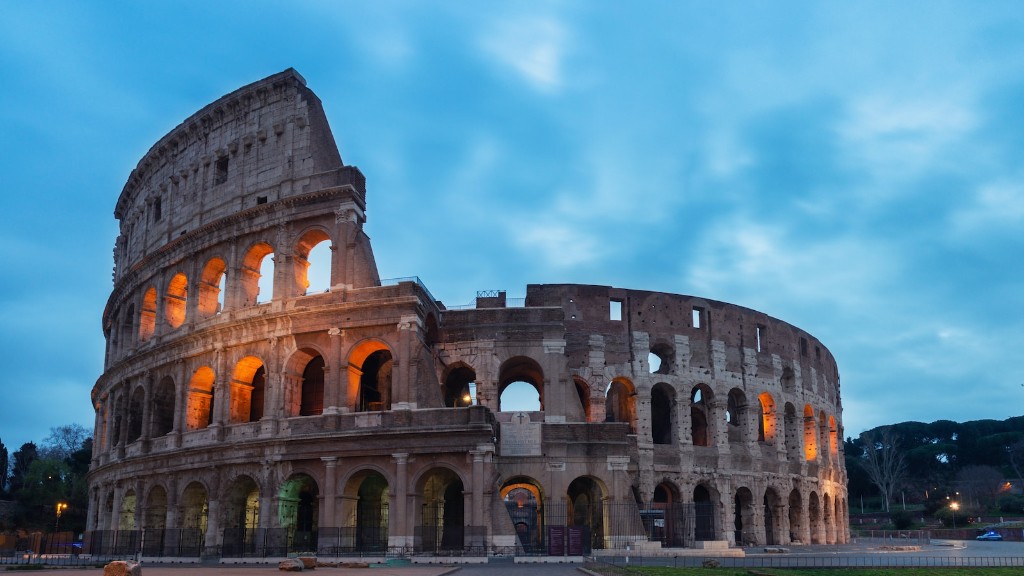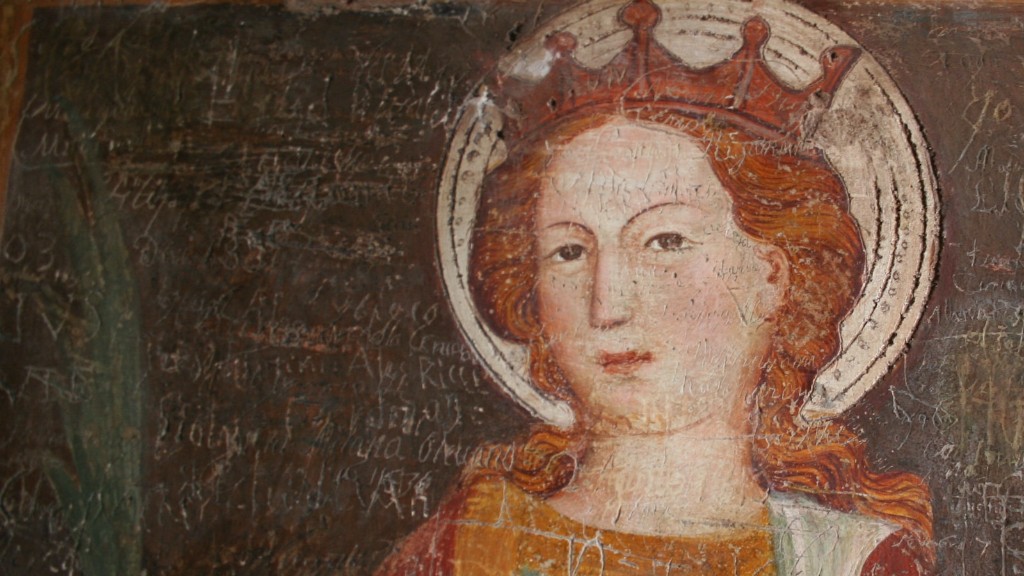What Do You Already Know About Ancient Rome?
Ancient Rome, a civilization that emerged from the city of Rome in the 8th century BCE, flourished for over a millennium and left an indelible mark on the world. This article will provide you with insights into the fascinating aspects of ancient Rome, ranging from its political system and architecture to its vibrant culture and influential legacy.
1. The Founding and Expansion of Rome
The ancient city of Rome was founded by Romulus and Remus, legendary figures who were raised by a she-wolf. As the centuries passed, Rome grew from a small settlement to a powerful city-state, eventually conquering and assimilating neighboring territories. Its expansion was driven by a combination of military prowess, diplomacy, and the ingenuity of Roman engineers, who created a vast network of roads and aqueducts.
2. The Roman Republic and Government
Ancient Rome was initially governed as a republic, where power was distributed among various elected officials. Citizens had the right to participate in the political process, although this privilege was limited to a small fraction of the population. The Senate, composed of patricians and later extended to include plebeians, played a key role in decision-making and legislation. The Roman legal system, renowned for its principles of justice, influenced the development of law in many modern societies.
3. Roman Emperors and the Imperial Era
The Roman Republic eventually transitioned into an autocratic system under the rule of emperors. Augustus, the first emperor, ushered in the Pax Romana, a period of relatively peaceful and stable governance that lasted for two centuries. The emperors wielded absolute power and were viewed as both political and religious figures. While some emperors were renowned for their wisdom and achievements, others faced considerable opposition and even assassination attempts.
4. Roman Technology and Engineering
Roman engineers were highly skilled and responsible for numerous engineering marvels that still impress us today. From the construction of grand architectural wonders like the Colosseum and the Pantheon to the development of innovative infrastructure projects such as the extensive aqueduct system, Rome showcased its technological prowess. The Roman engineering principles, based on the arch and vault, laid the foundation for many subsequent architectural styles.
5. Roman Culture and Society
Ancient Roman culture encompassed a wide range of artistic, literary, and intellectual pursuits. Roman literature flourished, producing renowned authors like Virgil and Ovid. The Romans also embraced Greek culture and integrated it into their own. They enjoyed lavish feasts, gladiatorial games, and theatrical performances, which were often held in impressive venues like the Colosseum. The Roman family structure, with its emphasis on patriarchy and filial piety, influenced social norms in subsequent civilizations.
6. Legacy and Influence
The legacy of ancient Rome is undeniably profound. Its language, Latin, evolved into the Romance languages spoken today. Roman law and political institutions heavily influenced Europe’s legal and governmental systems. Engineering and architectural achievements of ancient Rome continue to inspire modern builders. Roman mythology and historical accounts still captivate readers of all ages. The Roman Empire’s rise and fall serve as cautionary tales and subjects of academic inquiry.
Ancient Rome was a complex and multifaceted civilization that shaped the course of history. Its contributions in various fields continue to be celebrated and studied. Exploring the vast array of topics related to ancient Rome provides valuable insights into the past and helps foster a greater appreciation for human ingenuity and cultural diversity.


